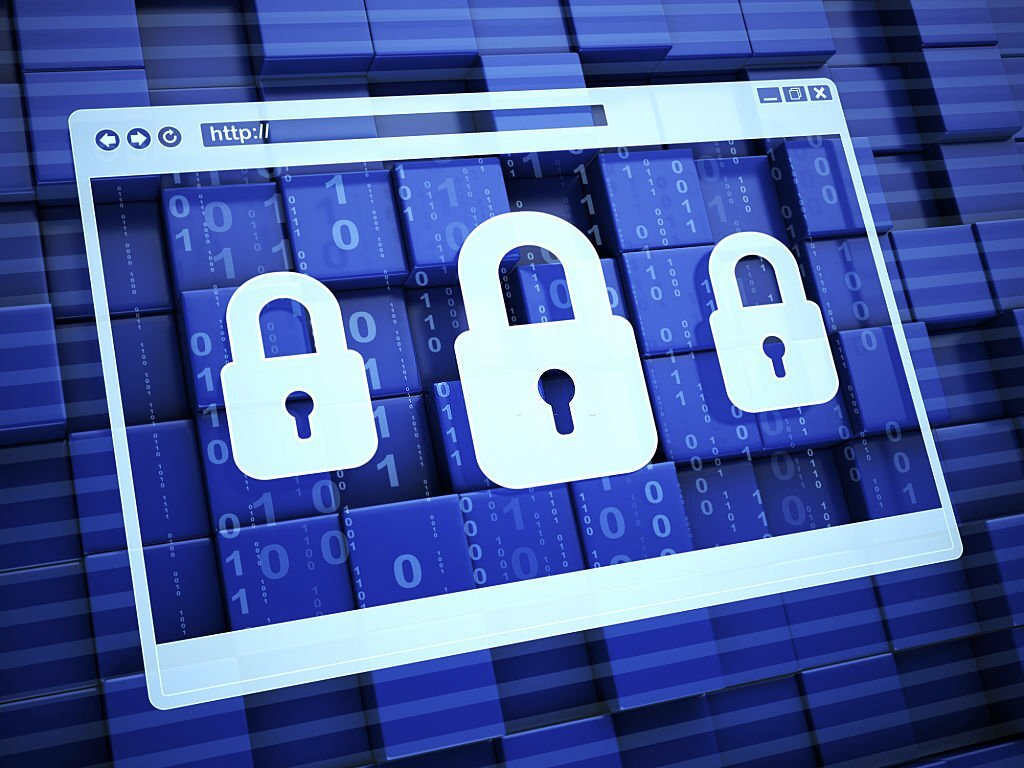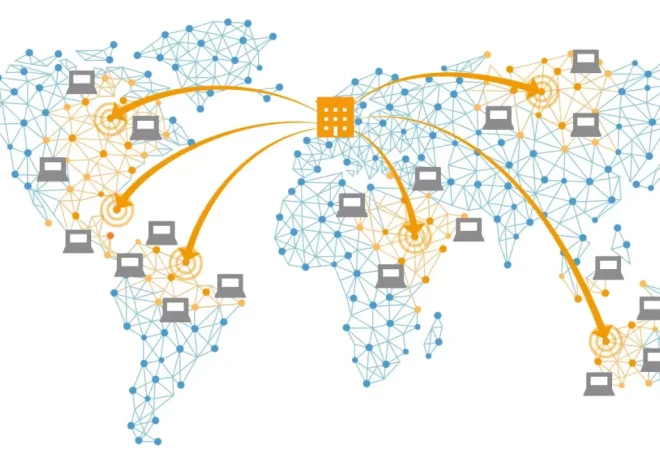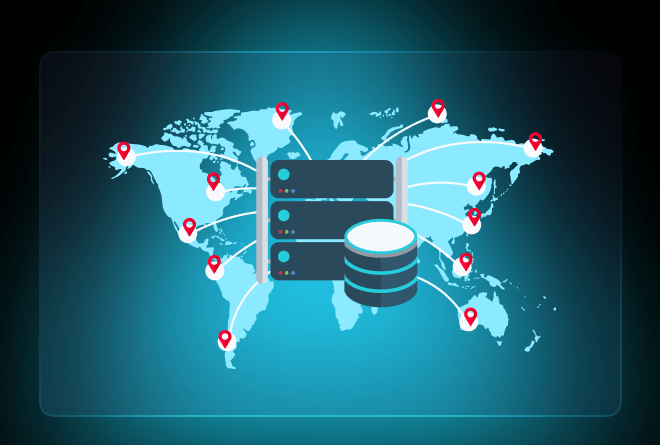What Is Domain Privacy Protection and Why You Need It

When you register a domain name, your personal contact details don’t just stay between you and the registrar. By default, this information becomes publicly available through the global WHOIS database—a searchable directory that lists the owner of every registered domain. That’s where domain privacy protection comes in.
If you’re building a website in 2025, understanding domain privacy is more important than ever. Whether you’re running a personal blog, a small business, or an affiliate site, your privacy—and your inbox—could depend on it.
What is domain privacy protection?
Domain privacy protection (also known as WHOIS privacy) is a service that hides your personal contact information from the public WHOIS record. Instead of showing your real name, address, phone number, and email, the record displays generic contact details provided by the domain registrar or a privacy service.
Without this protection, anyone—including spammers, marketers, or even cybercriminals—can look up your domain and instantly access your personal info.
What information does WHOIS expose?
When you register a domain without privacy protection, these details are made public:
- Full name
- Email address
- Phone number
- Mailing address
- Domain registration and expiration dates
In the wrong hands, this information can be misused to send you junk emails, scam messages, robocalls, or even launch phishing attempts.
Why you need domain privacy protection in 2025
Prevent spam and unwanted contact
One of the most common issues domain owners face is a sudden spike in spam. If your email is listed publicly, you may start receiving endless SEO offers, website design pitches, and fake renewal notices. Privacy protection keeps your inbox—and sanity—clean.
Avoid scams and impersonation
In recent years, domain-related scams have become more sophisticated. Bad actors can use your exposed data to send fake invoices or even try to transfer your domain. With privacy enabled, scammers don’t have access to your contact info, making such attacks harder to execute.
Protect your identity and location
If you’re using your real name and home address for domain registration, that’s private information suddenly available to anyone online. Domain privacy masks those details, helping to protect your identity, physical location, and business integrity.
This is especially important for freelancers, solo entrepreneurs, and bloggers who register domains using personal information instead of a company name or office address.
Stay compliant with privacy expectations
While privacy laws like GDPR and CCPA protect consumer data, domain registration falls into a bit of a gray area. By enabling WHOIS privacy, you stay aligned with best practices and show that you care about protecting your own data as well as your users’.
It’s often free
In 2025, most reputable registrars offer domain privacy at no extra cost. Providers like Namecheap, Google Domains (now under Squarespace), and Porkbun include it by default. If your registrar still charges for it, consider switching to one that doesn’t.
Is domain privacy ever optional?
There are rare cases where domain privacy is not used—typically for public organizations, government sites, or brands that want transparency for legal or business reasons. But for most individuals and small businesses, there’s no downside to keeping your information private.
You should also know that domain privacy protection doesn’t affect:
- Your domain ownership
- Your ability to use email or custom addresses
- Your site’s visibility in search engines
It’s a purely protective layer between your personal data and the public internet.
How to enable domain privacy
If you’re buying a new domain, most registrars will give you the option to enable privacy protection during checkout. It’s often toggled on by default.
If you already own a domain and aren’t sure whether privacy is active, log into your registrar’s dashboard and check your domain settings. If you see your real name and email in the WHOIS listing, turn on privacy immediately or contact support for help.
You can also run a quick WHOIS lookup at whois.com to see what’s publicly visible.
It’s a simple step that pays off
Registering a domain is one of the first steps in building your online presence. Enabling domain privacy protection is just as critical. It keeps your personal information safe, reduces spam, and gives you peace of mind.
You’ve worked hard to claim your web address—make sure you keep control of your identity behind it.



